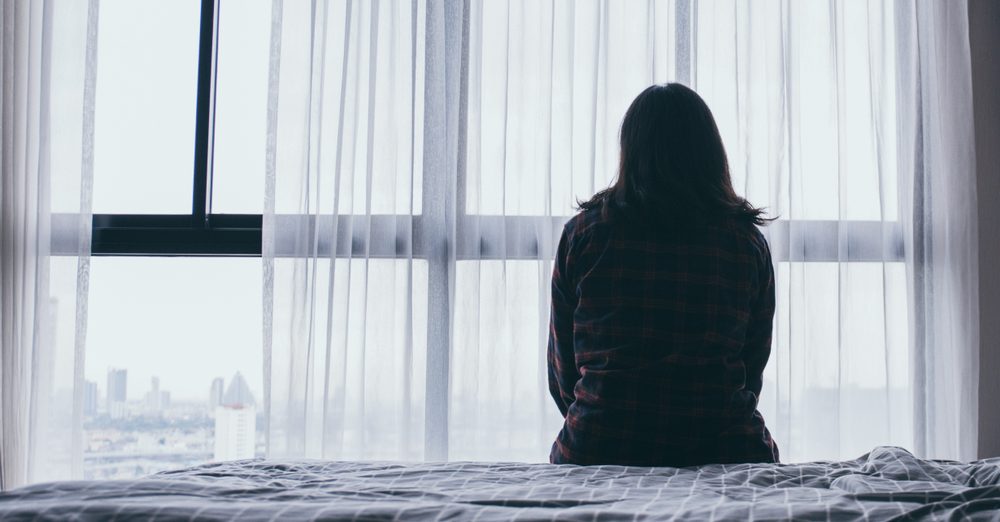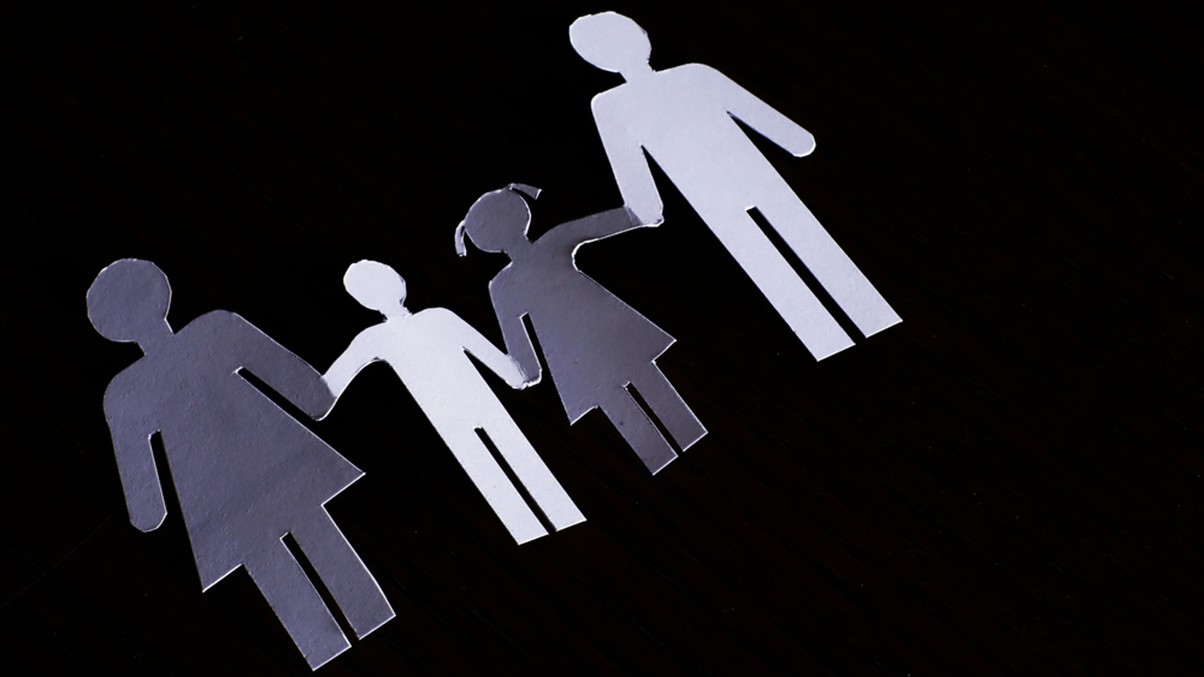Family practitioners are well aware of the upward trend in allegations and instances of domestic abuse in both financial remedy and children proceedings. A pioneering report by brain injury charity Brainkind has revealed that one in two people who have experienced domestic violence in England and Wales may be living with a brain injury.
In this article, Head of Personal Injury Leeds Ben Townsend, family law knowledge lawyer Carla Ditz and paralegal Lea Levine consider Brainkind’s report, ‘Too Many to Count’, highlighting the existence of brain injury among domestic abuse survivors.
Research has shown that approximately one-third of contested financial remedy cases feature allegations of or a history of domestic abuse. More troubling findings come from research by the Domestic Abuse Commissioner, revealing that over 80% of legal practitioners feel the Family Court is likely to retraumatise survivors of domestic abuse. Examples of this include litigation being used by a perpetrator as a form of sustained, post-separation abuse and survivors being forced to recount past experiences of abuse, which is trauma-inducing in itself.
Domestic abuse is now widely recognised and is defined in statute to cover more than just physical abuse. Importantly, the psychological impact of domestic abuse is increasingly acknowledged, but the long-term impact of physical injuries is the subject of a recent report by brain injury charity Brainkind.
The report’s findings
For its report, ‘Too Many to Count’, Brainkind spoke to 60 women accessing community-based support for domestic abuse. Fifty-five per cent of these women were screened positive for a history indicative of a brain injury.
While physical abuse can take many forms, Brainkind found that 80% of participants who had experienced domestic abuse had suffered a serious blow to the head. This statistic is unsurprising, as perpetrators of abuse will often target areas that will not leave a mark and/or are easily disguised. From previous experience working in domestic abuse support, Lea Levine found that survivors of abuse would often struggle to accept the fact the attack was thought out and specifically targeted to avoid being caught.
Brainkind’s report suggests head injuries in particular can have long-term repercussions on an individual’s cognition and behaviour. The study found that those who had experienced a brain injury were more likely to grapple with moderate to severe post-concussion symptoms alongside low mood and post-traumatic stress. Lea notes that during her time working as an independent domestic violence advisor, PTSD was frequently a hallmark of the victim’s experience, often requiring therapeutic intervention.
What can be done to address domestic abuse and brain injury?
Given that the study outlines the prevalence of domestic abuse survivors experiencing severe brain injuries, support organisations should consider directing survivors to seek medical advice routinely during their initial assessment, especially if the individual discloses a history of blows to the head and/or strangulation. In many cases, survivors of domestic abuse will minimise the extent of the abuse they have suffered when speaking with professional agencies. It is, therefore, crucial that onward referrals to medical professionals are made promptly, just in case.
A further potential cause of brain injury in survivors of abuse might be explained by the prevalence of choking/non-fatal strangulation, where blood flow and oxygen to the brain are restricted. Brainkind found that 75% of participants had been held at least once in a way that prevented them from breathing. Most domestic abuse practitioners are well versed in the high-risk features of abuse, with non-fatal strangulation comprising one of the greatest indicators of severe risk of harm. This is partly due to studies which have found that the use of non-fatal strangulation increases the risk of being killed by a perpetrator seven-fold.
Brainkind’s study emphasises that even if the risk of immediate harm is minimised by a perpetrator being imprisoned or injunctive relief being granted to a victim, the lasting effects of a brain injury can be severe. Support workers should consider signposting to healthcare professionals if a disclosure of non-fatal strangulation is made to mitigate any potential healthcare issues arising.
The lack of previous research means that the complexities around brain injury in this context have not been well understood. For instance, as the research makes clear, there is a complex relationship between brain injury and mental health issues. Ben Townsend, Head of Personal Injury Leeds at Stewarts, says: “It is not at all uncommon to find brain injury survivors in the mental health system rather than receiving specialist brain injury rehabilitation. However, brain injury can also be the cause of significant mental health issues.”
The report highlights the difficulties of survivors accessing specialist brain injury services; even professionals are not always sure where to refer people with brain injury symptoms. Where mental health services are required, brain injury survivors can find it difficult to access and engage with such services without support.
For a long time, there has been a focus by researchers on brain injury in sport, especially brain injuries involving professionals in contact sports. The prevalence of brain injury among domestic abuse survivors has not been appreciated, but it is positive that the link between brain injury and domestic abuse is, at last, receiving the attention it deserves.
Conclusion
Adrian Clossick, Head of Divorce and Family Leeds comments: “The long-term effects of domestic abuse, whether physical, psychological or emotional abuse, can be devastating. The Brainkind report shines a light on what is a relatively unknown impact of physical abuse, and one which family law practitioners and judges should be acutely aware of.”
You can find further information regarding our expertise, experience and team on our Divorce and Family and Personal Injury pages.
If you require assistance from our team, please contact us or alternatively request a call back from one of our lawyers by submitting this form.
Subscribe – In order to receive our news straight to your inbox, subscribe here. Our newsletters are sent no more than once a month.








